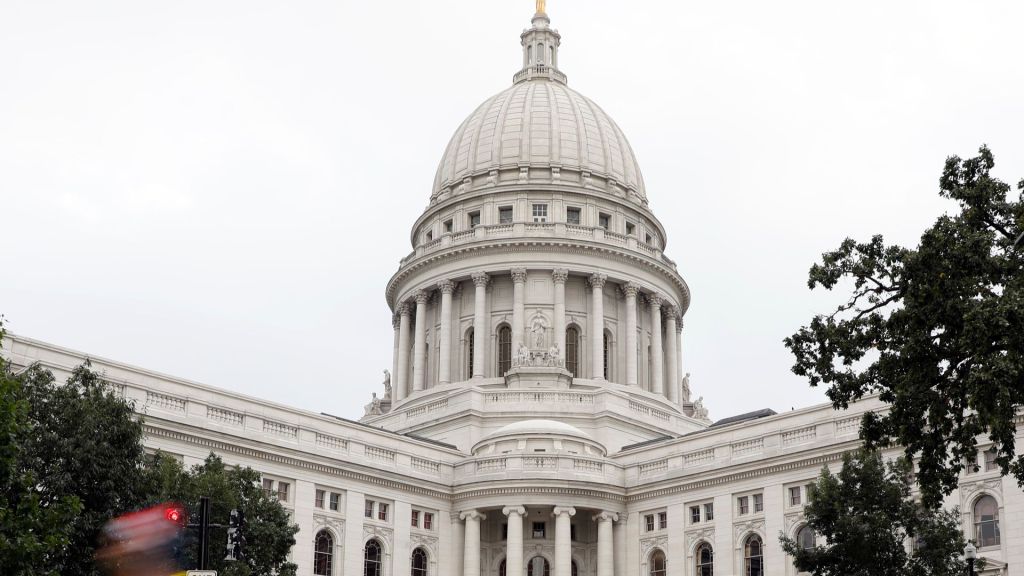Simone Del Rosario:
Delaware lawmakers are looking to change the state’s corporate law as more and more companies eye moving out of the state. A bipartisan bill introduced in Delaware’s legislature would essentially limit shareholder lawsuits.
Delaware is America’s corporate headquarters. But when a Delaware judge sided with a Tesla shareholder last year and struck down CEO Elon Musk’s pay package, Musk encouraged companies, including his own, to leave town.
This latest Delaware bill comes as Facebook-parent Meta is reportedly exploring leaving the state while DropBox plans to reincorporate in Nevada.
Earlier this month, Delaware Gov. Matt Meyer downplayed concerns about companies leaving.
Matt Meyer:
the truth is, in business, companies are always potentially leaving. They’re always potentially coming. It’s just a matter of what leaders are going to go out and win the business? For over 100 years, Delaware has been the incorporation venue of choice for all the leading companies in the world today. As I speak to you, nearly 2.2 million entities are registered in Delaware. Over two thirds of the Fortune 500 companies, 81% of us, IPOs, last year were incorporated in Delaware. We’re leading the way.
Simone Del Rosario:
In Delaware, companies literally outnumber people 2 to 1.
Soundbite:
Hi, I’m in Delaware.
Simone Del Rosario:
And fees paid by the massive number of businesses incorporated in Delaware account for roughly a third of the state’s budget revenue.
Delaware’s business court, better known as the Court of Chancery, dates back to 1792. But since the early 1900s, it’s been the top corporate court in the nation.
Charles Elson:
You have a large body of precedent that was developed over many years there not that many situations here that haven’t come up before.
Simone Del Rosario:
And there are a number of reasons companies haven’t just picked up and left in the past.
Charles Elson:
North Dakota has a corporate statute that some say is more shareholder friendly than Delaware, Nevada has a corporate statute that some say is a little more managerial friendly than Delaware.
But you still haven’t seen a flocking of companies to those jurisdictions because the corporate law cannot, or a statute can’t lay out every rule and regulation for corporate conduct, it has to really be interpreted by judges through a common law process.
Simone Del Rosario:
But this bill could override years of case law.
It limits shareholder lawsuits by making moves to protect members of the board and controlling shareholders from legal action due to conflicts of interest.
It reduces shareholder access to records, which could make it harder to gather information for potential lawsuits.
It would also shield directors and controlling shareholders from liability in certain circumstances, specifically in issues related to those conflicts of interest.
The world’s richest person, Elon Musk, has become one of the biggest critics of the state’s courts. Last year a Chancery judge twice rejected his $56 billion pay package from Tesla,
Charles Elson:
She found that this package was unfair to the company. Was a gift, effectively, of assets to Mr. Musk. And once that’s the case, you can’t give away company money without a corporate purpose, without everyone approving of it.
Simone Del Rosario:
Since the decision, Tesla has reincorporated in Texas, which is trying to make a name for itself as the new business court of choice.
The bill’s sponsor says it wouldn’t have any impact on Musk’s appeal before the Delaware Supreme Court. And it wouldn’t be retroactive.
The legislation was drafted with input from Meyer, who was recently elected to the position.
Matt Meyer:
Various studies have showed over the years that by incorporating your company in Delaware, it creates additional value for all shareholders, and so there’s a lot that contributes to that. I know that there’s a temptation to focus on one case, whether it’s Musk or whatever the rationale is for Dropbox or others leaving
Simone Del Rosario:
Generally, the state’s bar association is involved in legislation related to corporate law, but not this time.
Delaware’s Senate Majority leader Brian Townsend told Reuters he’d like to move fast on the bill.











